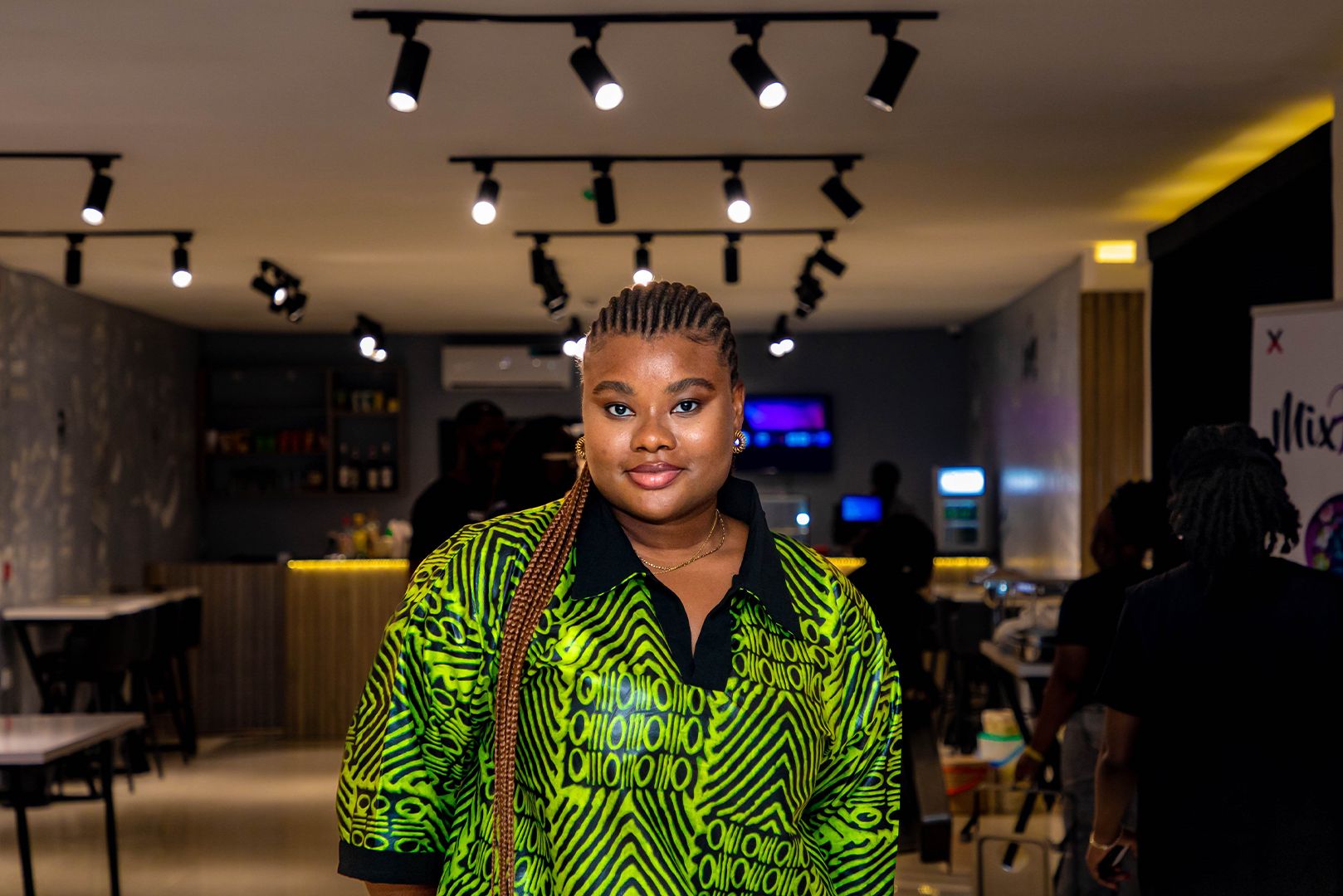Reading time:4 min read
CCC 4.0 Blog: How we turned ideas into impactful discussions for Code Cash Crop
The Genesis
The 3rd of April remains etched in my mind stone; my first day on the job, and my first official strategy brainstorming with the team on the strategic direction for the 4th installment of Code Cash Crop. Three hours and a headache later, I came out with a renewed sense of purpose and direction for this year’s theme, ‘Scaling Market Led Solutions’. This theme was our attempt at expanding the conversation on pathways to transform the agriculture sector, by amplifying solutions and businesses driven by market demand. For us, the focus was on a thorough understanding of the ag market's needs and preferences, reflected through the Ag-hackathon and the panel session topics.
In our experience as an agribusiness platform, we understood deeply the pain points of our partners and clients, particularly the gaps in existing models, and our goal was to create models that could solve fundamental problems while being sustainable.
Speaking on sustainability, there is the usual tendency to water down the scope of “sustainability”, particularly in today’s ecosystem, where it could mean several things, but for us, it was incredibly important to contextualize our scope of sustainability with terms such as profitability, scalability, and viability. Going by these pillars, we set out, alongside our partners, to highlight challenges for the Ag-hackathon component of the event, where we eventually settled on a Data, Logistics, and Extension challenge, and opened applications across Nigeria and Kenya.

The Panel Sessions
At this point, we knew the kinds of conversations we wanted to have. The problem was apparent, the solution was a work in progress, but a question constantly echoing at the ideating stage was framing for a 3-hour session. We asked ourselves, “How do we take a problem that has existed for decades and address it in less than a day”?
Leveraging, once again, the highlighted pillars, we ended up with three topics: Fundamentals and Scale: Key Principles of Scaling Innovation, Sustainability, and Impact: Aligning Profit with People and Planet and Why Innovations Fail: Cracking the Code on the Pitfalls of Innovation.
The selection of these topics followed a top-down approach where we addressed businesses and models at multiple stages of growth; early stage businesses learning the fundamentals of building successful models, mid-stage platforms understanding the elements required to scale their models while preserving the core of their business and growth stage platforms learning the importance of balancing sustainable practices with profits and people, and finally, all stakeholders could understand the principles innovation and failure in a businesses’ life cycle.
Our Panelists
Beyond the selection of topics, another important factor was the speakers who would eventually spearhead the conversations, and this selection was just as integral to the conversation. Certain factors that guided who we chose were experience, knowledge, and of course, gender, because as we had experienced during the boot camp, we needed to take gender representation more seriously.
Our eventual lineup featured industry experts across finance, tech, and agriculture who effortlessly bounced off each other, offering perspectives integral to ag-innovation, market development, startup funding, and more.
As I conclude, here are two things I picked up coordinating with our panelists.
To begin, a conversation I had with Ife Adebayo, Digital Innovation Specialist iDICE, and our keynote speaker, comes to mind. On the ride from the airport where I picked him up, we spoke a bit about the country and the prospects for agriculture in Nigeria. He mentioned something extremely poignant that I still think about today on how much agriculture could generate if we abandoned the myth of ‘blue-collar success’, otherwise, why else would someone leave a hectare of family land behind in Akure in search of meager paying jobs in Lagos?
Similarly, I had the opportunity to chat a bit with Professor Yinka David-West, Associate Dean, Lagos Business School, after her invigorating session, where she hammered in on the place of sustainability in growing agriculture investments. She tapped me and said, “Listen, we cannot keep having roundabout discussions about innovation and not crystallize the intersection of sustainability”. It was particularly interesting because soon after, the hackathon finalists began to codify sustainability points into their pitches on the spot.
It’s been a month since Code Cash Crop, and with the dust settled, ideation for next year has begun, and we look forward to scaling the conversations for 5.0.
Written by Anwulika Onwudinjo, Analyst, Public Relations.
